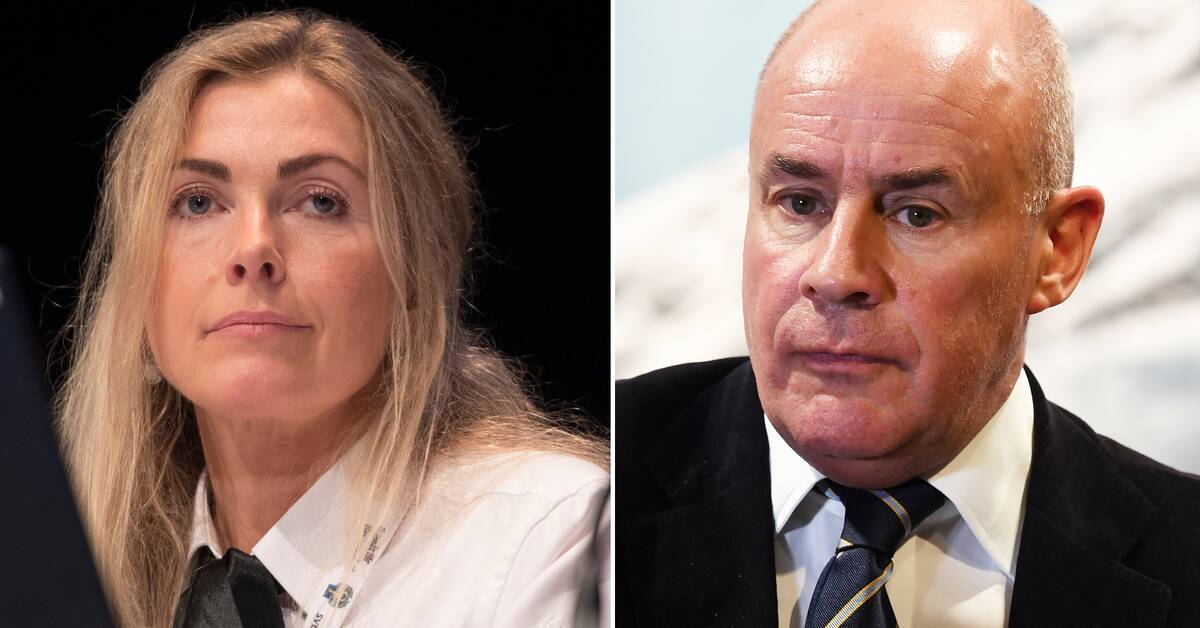At the end of May, Johan Eliasch was re-elected chairman of the International Ski and Snowboard Federation (Fis) for another four years, after a stormy vote.
First, the voting procedure had to be interrupted after protests against the fact that it was not possible to vote no when Johan Eliasch was the sole candidate.
When the vote was resumed, representatives from several member nations left the room.
Eliasch received 70 yes votes and 47 votes were cast.
The voting process has since been appealed to the Sports Arbitration Court (Cas) by the heavy ski nations Germany, Austria, Switzerland and Croatia.
Authoritarian and top-down
This is just part of a larger storm that flared up around Johan Eliasch and his leadership, who are accused of being authoritarian and top-down.
The criticism comes from Sweden, among others:
- If you are to lead a member organization with so many countries, it is required that you work with change, communication and that the members understand what is happening.
That you have them with you.
Here we do not recognize ourselves in such a way of working, says Karin Mattsson, chairman of the Swedish Ski Association.
She likens it to the fact that Fis has been run as a company for the past year.
Johan Eliasch has a background from the business world (he is the CEO of the ski company Head).
- It is very top-down and there is not enough influence.
Here it is important to do it in a way that makes you have the members with you.
Then you can not agree or always think the same.
But you need to feel an influence in the process, says Karin Mattsson and continues:
- We will be more active in this issue.
We have also been told that Johan Eliasch will start a dialogue with us affiliates after the summer.
We are positive about that.
At the same time, there are signs of an erupting power struggle in Fis, where there is much to suggest that Urs Lehmann, chairman of the Swiss Ski Federation, is the main opponent.
Johan Eliasch answers
Johan Eliasch answers in writing to TT's questions, which include that he should pursue an authoritarian leadership:
“My door is always open and I am available to all associations and stakeholders.
We even created working groups where the unions were represented and we exchanged views on important future topics. ”
“At the same time, I was elected a year ago because I stood for change and everyone realized the need for modernization.
Change is never easy, but it is imperative to lead our sport into the years to come.
The task now is to implement this change together. "

